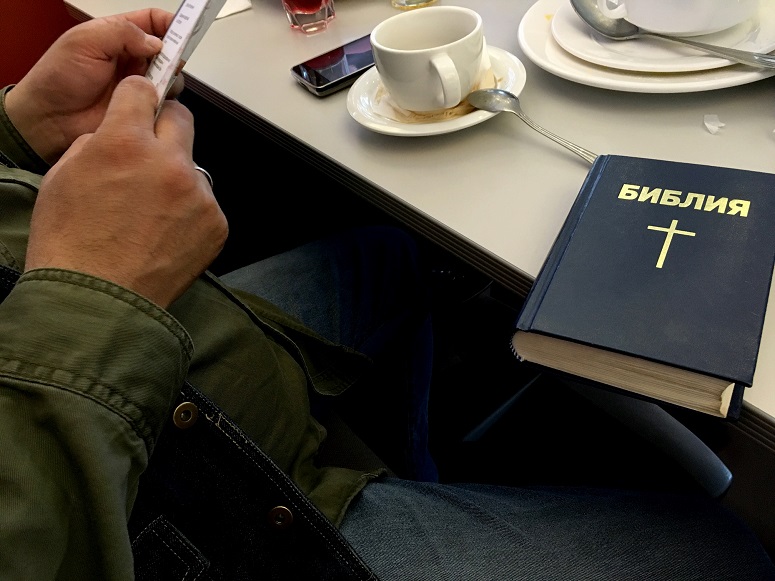
Legal requirements applied to the expression of freedom of religion in Russia impose a significant burden on religious communities not recognised by the state – in the shape of fines, legal costs and bureaucracy – reports regional news agency Forum 18.
The requirements are “unclear” and applied “inconsistently”, Forum 18 says, and are defined by two Administrative Code articles: “Russians conducting missionary activity” and “foreigners conducting missionary activity”.
Pentecostal Union lawyer Vladimir Ozolin told Forum 18 that “anti-missionary” legal charges cause confusion among religious communities and that “most Christians sharing their beliefs on the street do not even suspect that they are violating the law”.
“Churches face extra problems here, because no one knows what the permission to carry out missionary activity should look like – its form has not been established by law,” Ozolin said.
There were 143 prosecutions under the two articles in 2017, according to Forum 18, involving 135 individuals and eight religious organisations. From those cases, 117 defendants were found guilty and fined. The prosecuted religious communities included Pentecostals, Baptists, Jehovah’s Witnesses and Hare Krishna devotees.
One of the most recent cases of prosecuting a foreign citizen for “preaching illegally” involved a medical student from Zimbabwe who invited her friends to a concert of African music at a Christians of Evangelical Faith church in Nizhny Novgorod in February. The Moscow-based SOVA Center for Information and Analysis which studies church relations in society, nationalism and “government misuse of counter-extremism measures”, reported on 24 April that the court ordered Kudzai Nyamarebva to be deported for “violation of rules of stay in the Russian Federation”, meaning that the student’s declared purpose for entering the country conflicted what she actually did during her stay. The court also fined her 5,000 rubles (US$80).